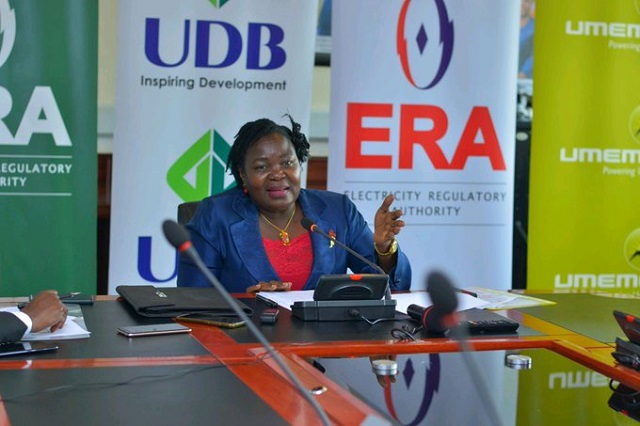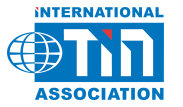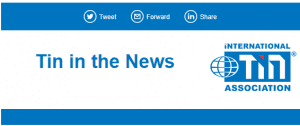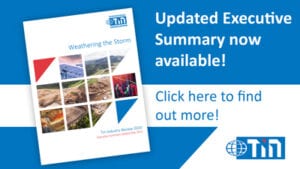
On 22nd December 2023 Uganda’s Minister of Energy and Mineral Development Dr Ruth Nankabirwa Ssentamu signed a new statutory instrument that clarified the minimum purity of tin exports as 99.85%, emphasising requirements for local value addition. Previous regulations had stipulated a minimum grade ranging between 67% to 70%.
The new legislation provides much needed clarity following the ban placed on the export of unprocessed minerals and concentrates and the Government’s demand for local value addition.
Uganda is a small producer, with mine production of tin less than 1,000 tonnes per annum, and as of December 2023 no refined tin production. The country has a history of artisanal production and there are only three mechanised tin projects underway, including the Woodcross Resources’ Ntungamo and Isingiro exploration projects.
Announcing the statutory changes, Dr Nankabirwa commented Uganda “will make much more money in this processed tin than the semi-processed tin”. The Minister highlighted the recent completion of Woodcross Resources’ tin refining facility at Mbarara, as an example of the local addition of value to tin production.
The initiative aligns with a wider policy directive from the President of Uganda, Yoweri Museveni, to cease the export of unprocessed minerals. Dr Nankabirwa stated that similar purity standards will soon be established for other minerals, including vermiculite, tantalum, and tungsten.
Our view: Despite Uganda’s relatively small role in the tin industry, this development follows a continuing trend of resource nationalization seen across the globe. These regulations will bring change to the structure of the industry in Uganda and are promising for Woodcross Resources.


